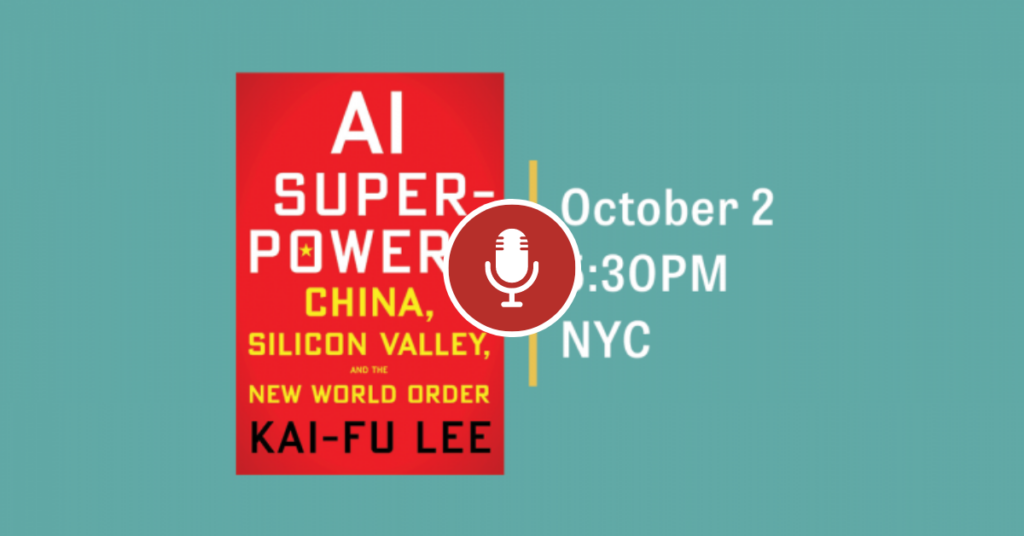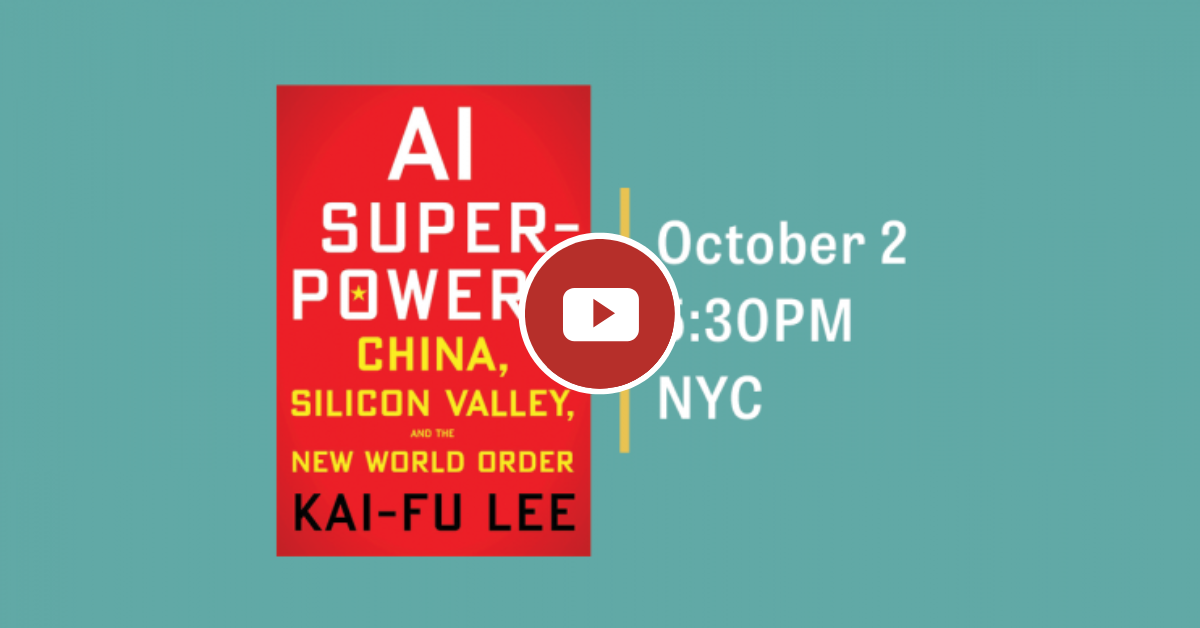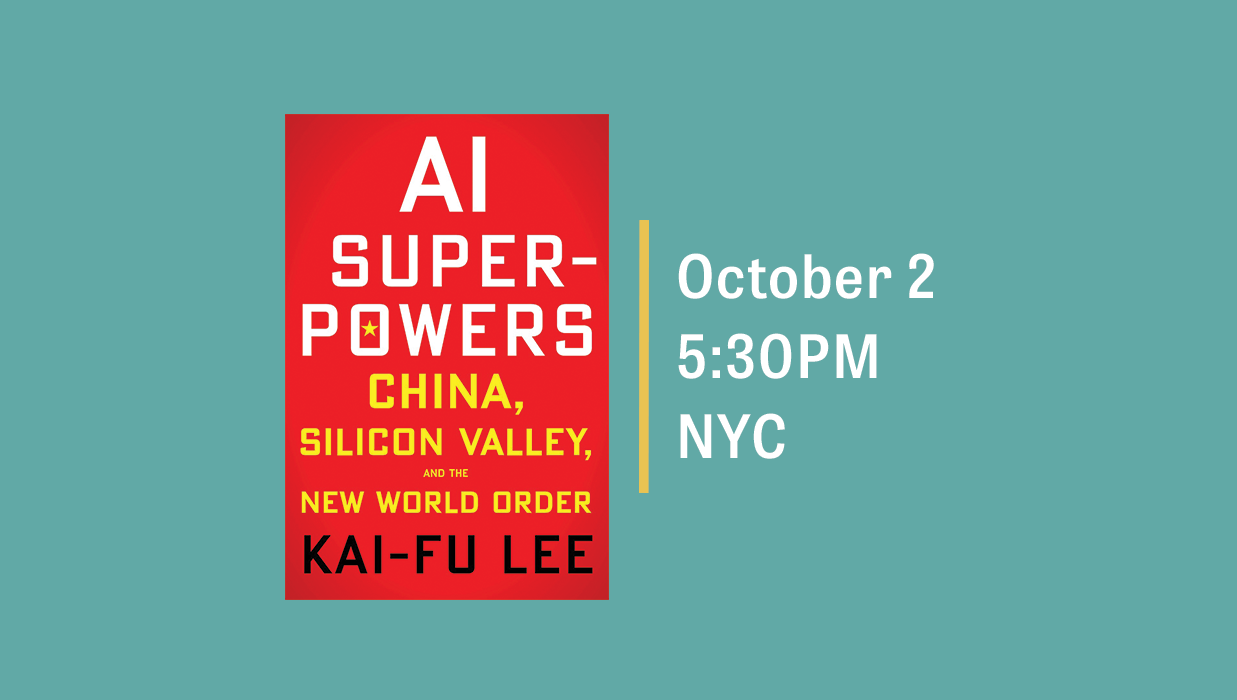In the 1990s, as the dotcom era began to unfold, artificial intelligence (AI) expert and developer Kai-Fu Lee was busy at Apple streamlining many of the company’s early R&D projects. Those initial days, or the era of development, as Dr. Lee has since come describe it, were dominated by American technological innovation. Corporations like Apple and Microsoft paved the way for Silicon Valley companies to become global leaders. However, as Dr. Lee details in a new book, AI Superpowers: China, Silicon Valley, and the New World Order, we have moved to the era of AI implementation, and Silicon Valley is no longer the center of gravity it once was. While American tech giants remain formidable players, the most prominent companies in areas of speech synthesis, computer vision, and machine translation are all Chinese. Moreover, Chinese consumers are significantly more comfortable than their American counterparts in embracing the growing role of AI in their daily lives. For instance, unlike in the United States, the overwhelming majority of Chinese transactions now occur on platforms such as Weibo, allowing companies to gather data at an unprecedented rate. With the increasing industrial application of AI, the potential for huge numbers of American and Chinese jobs to be replaced by technology has enormous economic and political implications. On October 2, Dr. Kai-Fu Lee shared his views on the future of AI in both countries, as well as possible risks with the National Committee.
Dr. Kai-Fu Lee is the chairman and CEO of Sinovation Ventures and president of Sinovation Venture’s Artificial Intelligence Institute. Sinovation Ventures, is a leading technology investment firm focusing on developing the next generation of Chinese high-tech companies. Prior to founding Sinovation in 2009, Dr. Lee was the president of Google China. Previously, he held executive positions at Microsoft, SGI, and Apple. Dr. Lee received his bachelor’s degree from Columbia University, Ph.D. from Carnegie Mellon University both in computer science, as well as honorary doctorate degrees from both Carnegie Mellon and the City University of Hong Kong. He is also a fellow of the Institute of Electrical and Electronics Engineers (IEEE).


